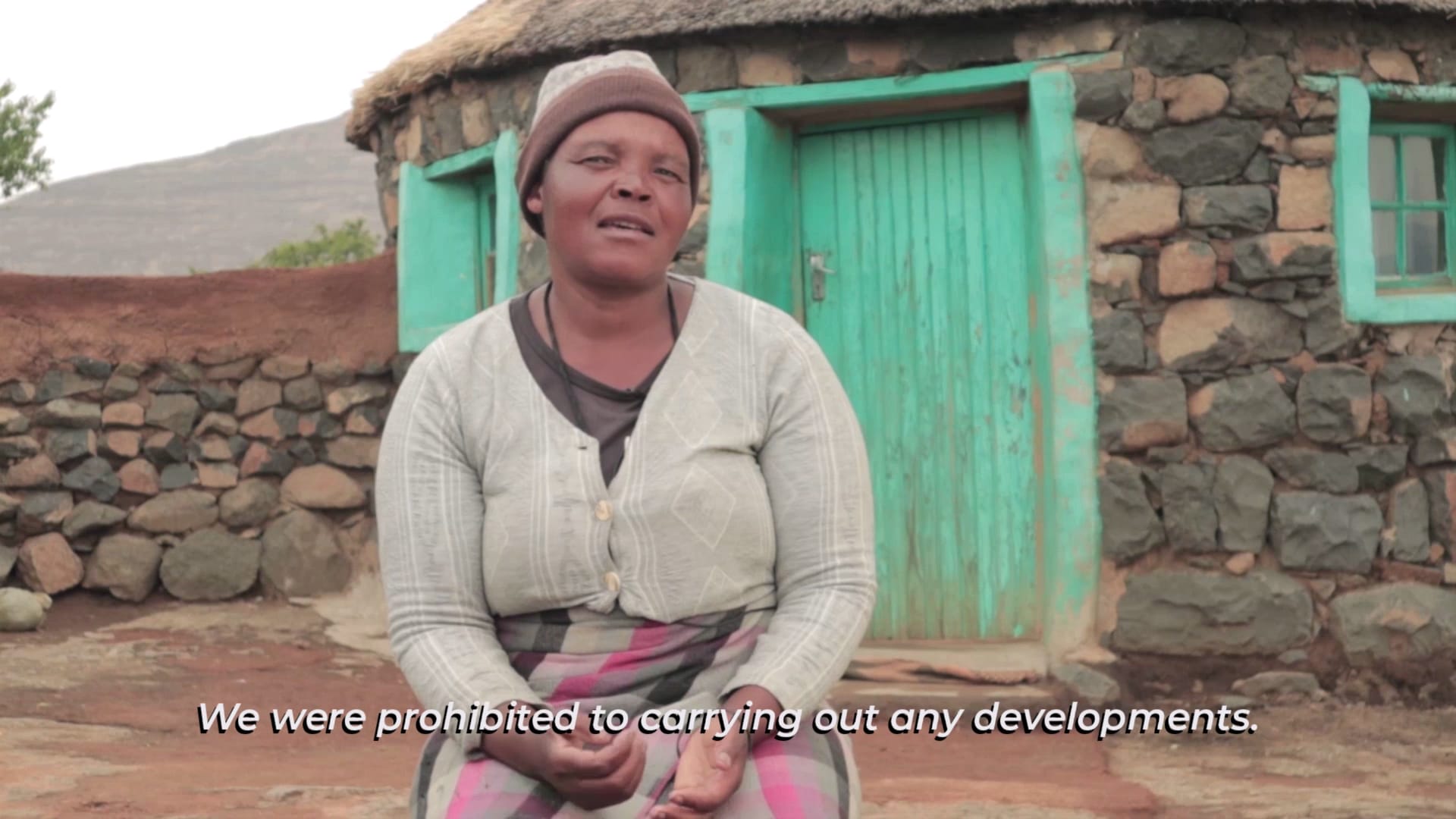Dam constructions have wide-ranging effects such as displacement, resettlement, relocation and rehabilitation which involves physical transfer of communities to a new location. One of the rarely acknowledged impacts of projects such as the Lesotho Highlands Water Project is the psychological trauma experienced by communities.
Community members of the village of Ha Phohla, in the Polihali Dam area in Mokhotlong, were informed as far back as 2012 that they would be resettled as a result of construction of the Dam. In 2018 the community was informed by the project implementing authority, the Lesotho Highlands Development Authority (LHDA), that the village would not be resettled after all. Two years later the community was told that the village would, in fact, be partially resettled.
The community has since not received any development initiatives that other communities get because of the impending resettlement. They were discouraged from undertaking any developments for themselves such as building of houses. The community not only lives in anxiety of facing partial relocation but also experience the frustration of not having any developments been effected in the village.
Involuntary resettlement should be conceived as an opportunity for improving the livelihoods of the affected people and undertaken accordingly. All people affected by involuntary resettlement should be consulted and involved in resettlement planning to ensure that the mitigation of adverse effects as well as the benefits of resettlement are appropriate and sustainable. This should incorporate psychosocial support to communities, especially those facing involuntary resettlement.


